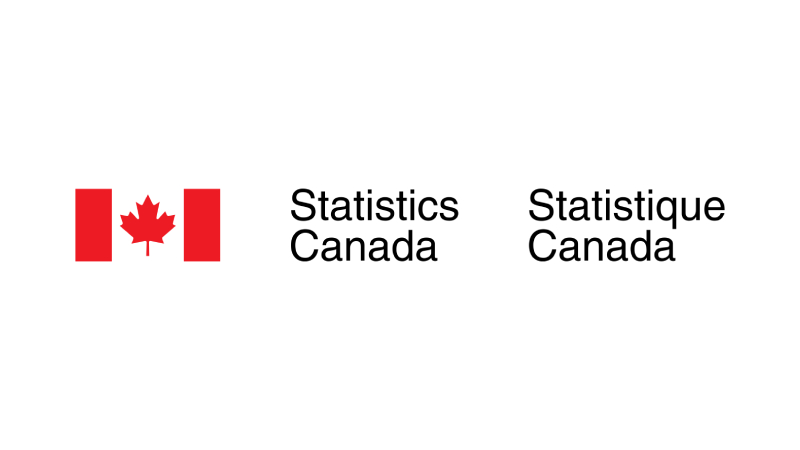Ontario Proposes Changes to College of Trades and Apprenticeship Act

December 4, 2016
The province is proposing amendments to the Ontario College of Trades and Apprenticeship Act, 2009 following a review of the act that was submitted to the government in November 2015.
Tradespeople are concerned the changes will erode scopes of practice and allow untrained, unskilled workers to do the work, and have protested at the Ontario legislature.
The act classifies a number of trades as “voluntary” or “compulsory,” and prohibits the practice of compulsory trades without a Certificate of Qualification (CoQ) or a registered apprenticeship. Each trade has a “scope of practice” (SoP) that lists the tasks performed by that trade.
The proposed amendments include:
- administrative penalties for practicing a compulsory trade without a CoQ or registered apprenticeship. The amendments set out a number of factors that must be considered by an inspector before a notice of contravention is issued, such as the risk of harm to the public and other persons, and the SoPs of relevant trades.
- OLRB appeal process — someone who receives a notice of contravention will be able to apply for a review of the notice by the Ontario Labour Relations Board (OLRB). The parties to these reviews will be the College, the person who received the notice of contravention and such other persons as the OLRB may specify. In conducting a review, the OLRB will consider the same factors that are to be considered by inspectors before issuing an administrative penalty, as well as any other factors it considers relevant. The OLRB has the authority to set aside or reduce an administrative penalty.
- appointments — the College of Trades Appointments Council is responsible for selecting members of the College’s board of governors, divisional boards, trade boards and the roster of adjudicators that handles reviews of journeyperson-to-apprentice ratios and trade classification status. Under the amendments, this body will continued the College of Trades Appointments Council and Classification Roster within two branches. The Appointments Council branch will have the same duties as the current College of Trades Appointments Council. As the appointments of existing members of the Appointments Council expire, new members will be selected to serve in only one of the two branches.
Here’s one possible scenario, put forth by the Progressive Certified Trades Coalition, that captures tradespeople’s fears: a labourer mounting electrical panel boards and their associated distribution systems is given a notice of contravention by the college. The OLRB can determine the person does not have a certificate and is doing work within scope of electrician (breaking the law) but now the OLRB can rescind the college’s notice of contravention if they don’t see any visible risk to that particular task.
The danger in this notion is that what may appear to be a simple task — if done incorrectly — could lead to a hazardous fire and possible serious injury or death. Similar scenarios could play out in any of the compulsory trades, not just construction.
The amendments appear in Schedule 17 of Bill 70, Building Ontario Up for Everyone Act (Budget Measures), 2016. As of December 1, the bill had received second reading. Find out more: http://www.mah.gov.on.ca/Page14998.aspx#ConsultationDiscussion.















